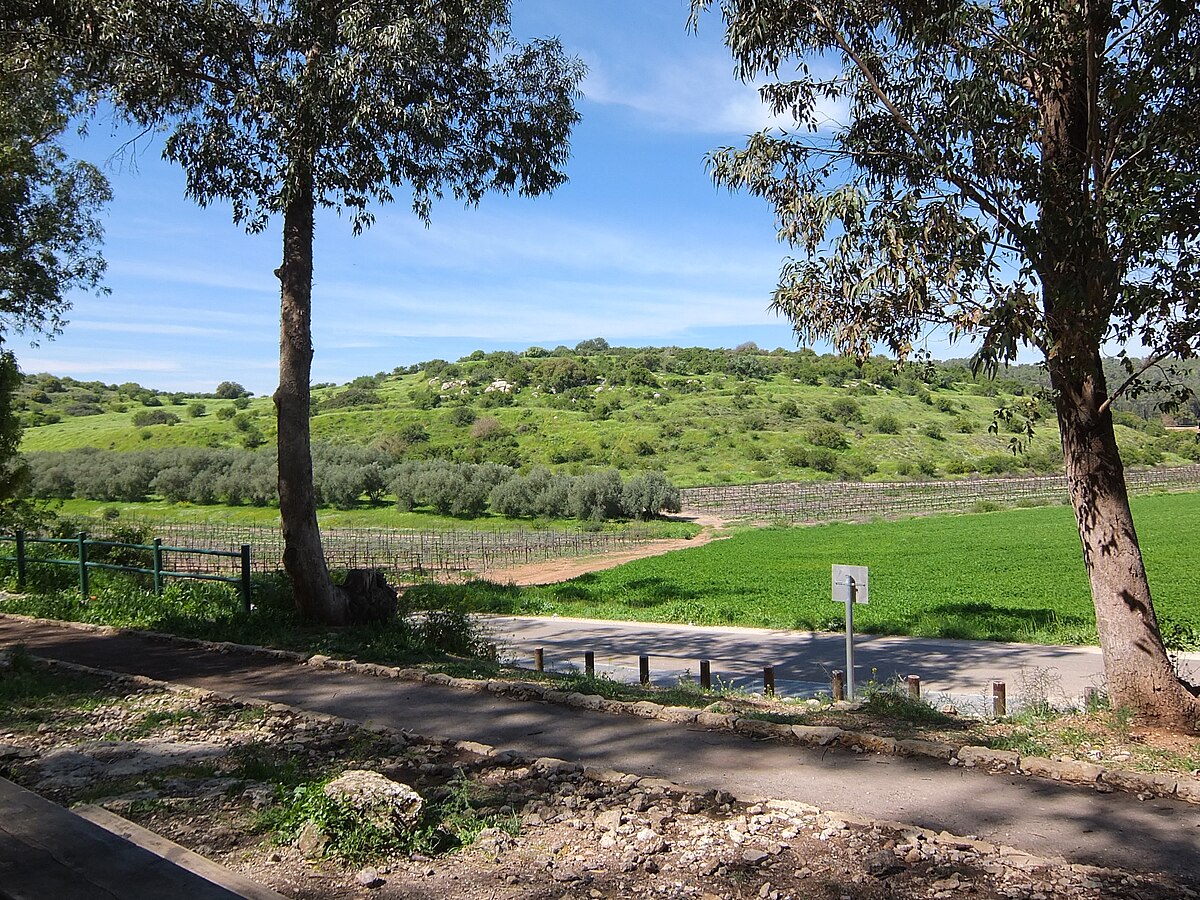Sixties Fan
Diamond Member
- Mar 6, 2017
- 53,656
- 10,413
- 2,140
Since there are no Canaanites or Jebusites or Nabatean peoples around, that means that Jews are the earliest extant inhabitants of Israel. And the Romans, Byzantines, and Muslims who invaded and settled there hundreds or thousands of years later were the colonialists.
While Jewish traditions have changed since then, Jewish laws and customs have remained remarkably stable - prayer in synagogue, regular Torah readings, eating kosher, wearing tefillin, putting up mezuzot, mikveh, holiday observances such as sukkah and matzoh, circumcision. And a large number of Jewish laws are dependent specifically on the land of Israel, such as the sabbatical year and terumat hamaaser.
Jews have kept their traditions over 2000 years at least as much as today's native Americans have kept theirs since the 17th century.
Labendz, however, apparently believes that Jews returning to Zion are the colonialists (or perhaps "settler colonialists.") Even more bizarrely, he thinks that somehow Jews are indigenous to the shtetl and Jewish ghettoes of Europe.
Noting the actual history of Jews and Judah in the Middle East and how they have kept their emotional and religious ties to the Land for 2000 years is, somehow, “verging on antisemitism.” According to modern intellectual bigots, Ashkenaz Jews should embrace the continent that has a history of demeaning them, oppressing them, "otherizing" them and sometimes murdering them as their homeland. The implication is that this is where they belong, in permanent diaspora, as a permanent minority, and any desire they have for self-determination is racist. (This is also Judith Butler's position.)
(full article online)

 elderofziyon.blogspot.com
elderofziyon.blogspot.com
While Jewish traditions have changed since then, Jewish laws and customs have remained remarkably stable - prayer in synagogue, regular Torah readings, eating kosher, wearing tefillin, putting up mezuzot, mikveh, holiday observances such as sukkah and matzoh, circumcision. And a large number of Jewish laws are dependent specifically on the land of Israel, such as the sabbatical year and terumat hamaaser.
Jews have kept their traditions over 2000 years at least as much as today's native Americans have kept theirs since the 17th century.
Labendz, however, apparently believes that Jews returning to Zion are the colonialists (or perhaps "settler colonialists.") Even more bizarrely, he thinks that somehow Jews are indigenous to the shtetl and Jewish ghettoes of Europe.
Noting the actual history of Jews and Judah in the Middle East and how they have kept their emotional and religious ties to the Land for 2000 years is, somehow, “verging on antisemitism.” According to modern intellectual bigots, Ashkenaz Jews should embrace the continent that has a history of demeaning them, oppressing them, "otherizing" them and sometimes murdering them as their homeland. The implication is that this is where they belong, in permanent diaspora, as a permanent minority, and any desire they have for self-determination is racist. (This is also Judith Butler's position.)
(full article online)
Latest loony Left lunacy: It is antisemitic to call Jews indigenous to Israel
Blogging about Israel and the Arab world since, oh, forever.

